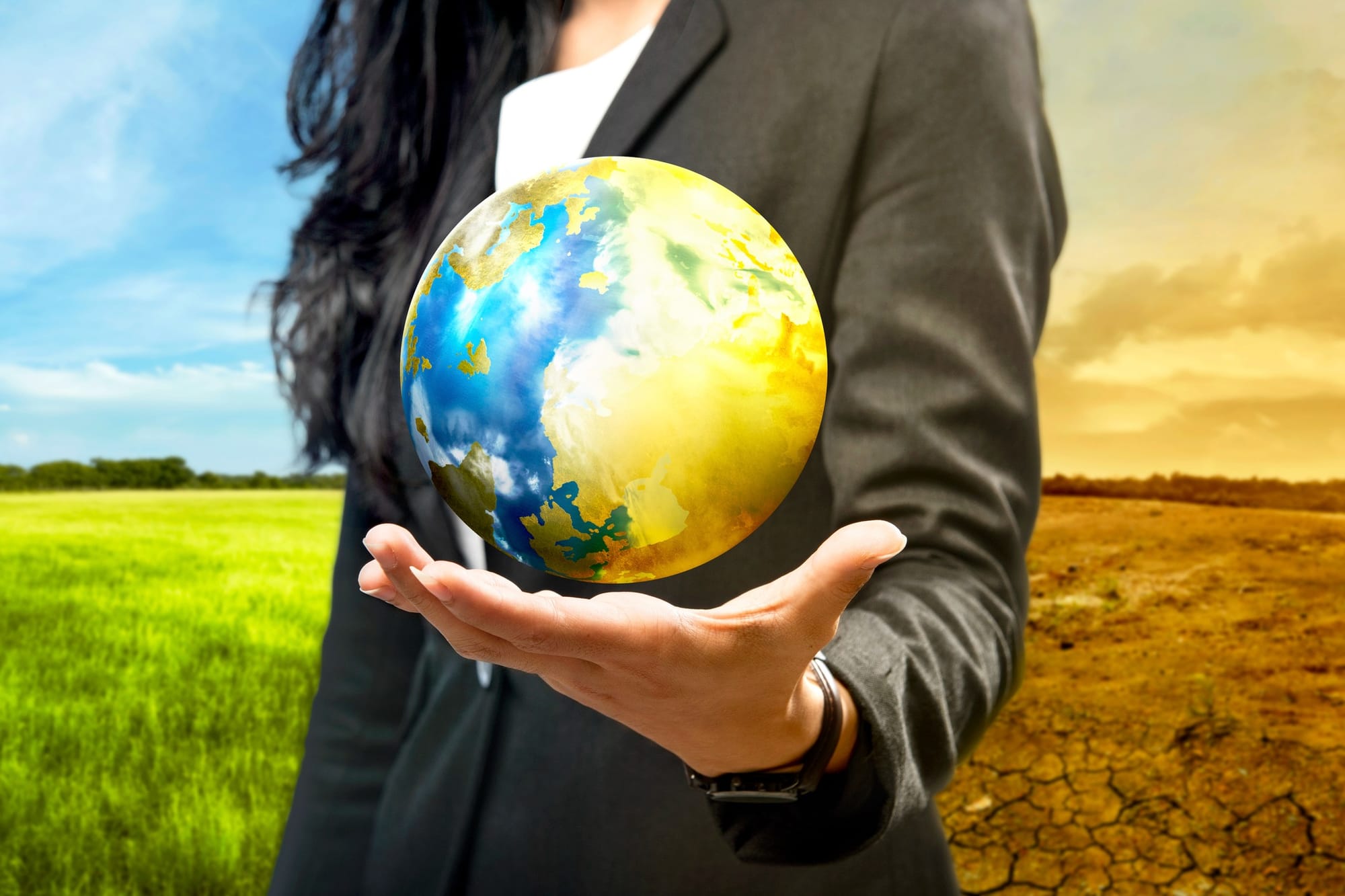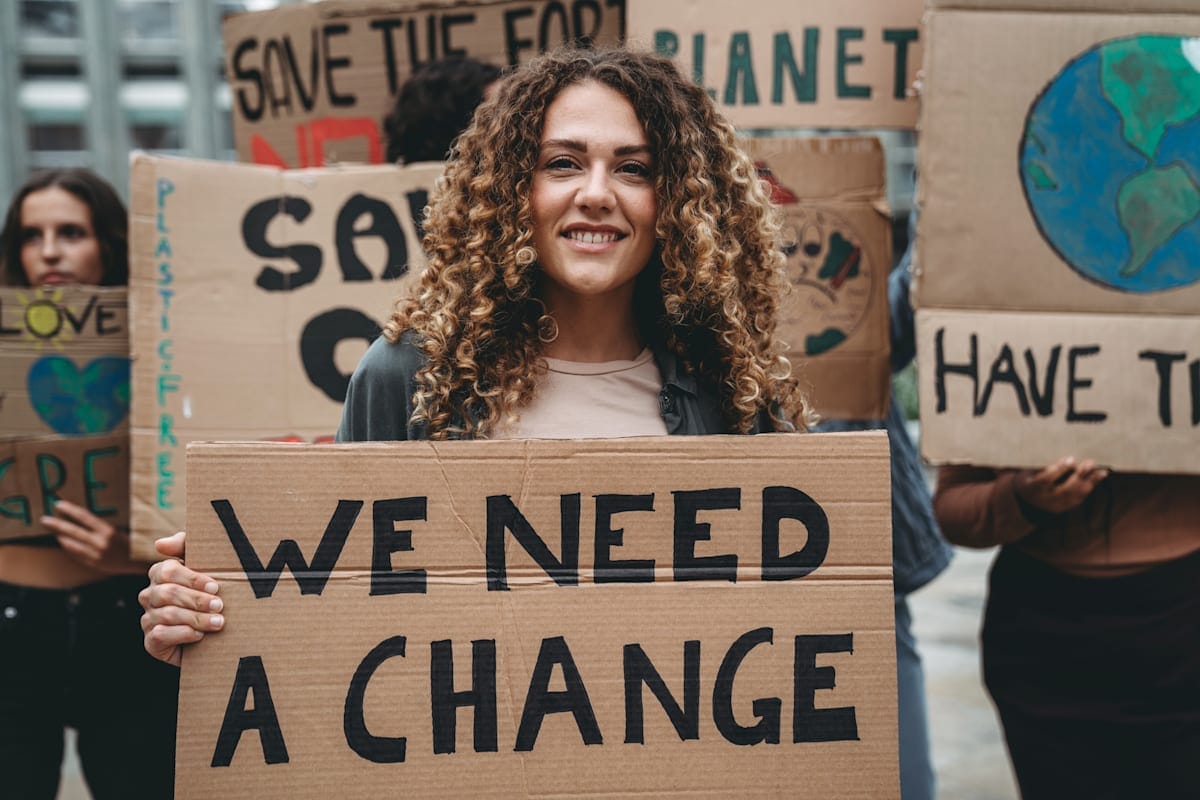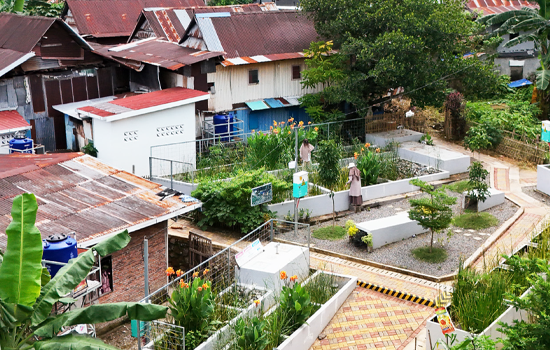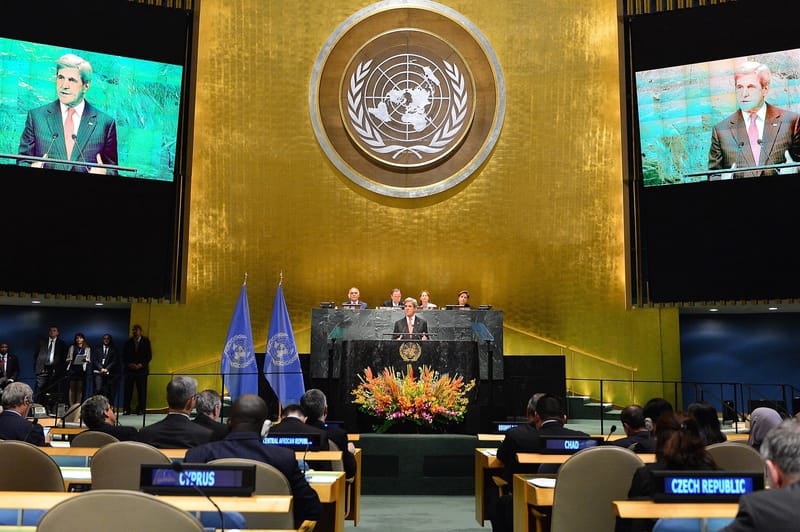
Women have historically been excluded or marginalised from climate leadership.
Take the COP29 global climate summit in Azerbaijan later this year. All 28 people on the organising committee were men.
It was only after widespread condemnation that Azerbaijani President Ilham Aliyev subsequently added 12 women to the committee.
However, many noted it was a quick fix, and constituted neither gender parity nor the structural change required to shift attitudes and achieve a long-term impact. At COP28, only 15 of the 140 speakers were women. The year before, it was only seven among 111.
Entrenched gender norms, unconscious bias and power relations help sustain the underrepresentation of women in leadership positions.
Read more: Climate change action: Empowering women and girls
Few people like change, especially those who benefit from power inequalities. However, unless there is change, gender inequalities will extend further, and the ability to respond to today’s global challenges, including the climate crisis, will be compromised.
Aside from equity, having women in climate leadership is essential for many reasons.
First, the climate crisis does not just affect men. Women’s participation is especially important because women have different experiences of – and needs in relation to – the climate crisis.
It’s critical that women participate at the highest level of decision-making to ensure these experiences and needs are known and addressed.
Women’s leadership is significant because women are often disproportionately affected by the climate crisis. This is because of structural inequalities that afford women fewer resources, less influence or status to protect themselves, as well as recover from the effects of climate-induced disasters.
Women may also be more vulnerable to climate-related food insecurity. In impoverished communities, women and girls are often the first to forego food when it is scarce.
The traditional roles of women in many places – collecting water, farming – makes them more vulnerable to the effects of the climate crisis. Water collection and displacement, for example, expose women to infectious diseases that are emerging and spreading as a result of the changing climate. Women are also more likely than men to be displaced as a result of a climate disaster.
Women may also be more vulnerable to climate anxiety and other mental health concerns, Gender-based violence has been seen to rise during and after climate-induced disasters, with research suggesting women are up to 14 times more likely to suffer from such violence during a disaster.
Aside from the disproportionate impacts women often suffer, one of the main reasons why women’s climate leadership is vital is that action on the climate crisis is inadequate to avoid catastrophe. What’s been done so far clearly isn’t working – at least as quickly and as comprehensively as it needs to.
Evidence shows women’s leadership in government leads to more robust policies on climate and the environment, and policies that are followed by action. This drive and commitment are needed more than ever.
Different ideas and approaches are also needed. These are more likely to be found when diverse skills, knowledge and capabilities are drawn on. Narrowing the talent pool by marginalising women is a missed opportunity to address threats posed by the climate crisis, and address them quickly and effectively.
Where leadership is diverse, it’s more likely to seek out, listen to, understand and respond to the needs of a diversity of groups and, critically, more likely to enjoy their trust and confidence. Trust and confidence in leadership is crucial for effective climate change mitigation and response efforts.

Women’s leadership cannot be tokenistic – to be properly representative, women should be representative of the diversity of women, as well as featured in significant numbers, and have influence and resources to effect change.
This means existing structures, processes and practices may need to be adapted to ensure the equal and meaningful representation of women.
Women’s climate leadership helps shift gender power relations that have served to sustain, even exacerbate, global threats – including the climate crisis.
The message of equality is especially felt in the sector, given the unequal impacts of the climate crisis and how it feeds those inequalities.
There’s an increasingly loud call for change, and at least some indications that political structures are receptive to those calls. But it has to come before it’s too late.
Originally published under Creative Commons by 360info™.
Monash is pioneering a path to a greener, smarter, more equitable and sustainable future, where emissions are lower, and the natural environment and humans thrive. We look forward to participating at COP29, where we aim to accelerate global action on sustainability, empowering diverse voices from across the Indo-Pacific and influencing superior policy outcomes across a broad range of issues. Find out more monash.edu/cop29





